What’s the opposite of surprise? It’s the precise reaction I had after learning Lori Loughlin, Felicity Huffman, and dozens of other rich parents used their privilege to bribe and cheat their children’s way into college. What I was surprised about, however, is how shocked many people were by this scandal. In my opinion, the story had this effect on people because it put a dent in the prevailing narrative that we live in a meritocracy, where if you put your head down and work hard, you have as equal of a shot of success as anyone. But this narrative isn’t just false; it’s destructive.
Help your students hack the test – the legal way – with critical thinking skills. Register for our webinar on ‘Hacking Test Prep with Critical Thinking.’
I was raised on the idea that I had to work twice as hard to get half as far. But I didn’t believe it. I was one of few African American or Latinx students to attend the prestigious Bronx High School of Science (where there are even fewer African American and Latinx students today). But merit did not stop me from being pushed against a wall, and frisked by the NYPD at 16 years old when I was around the corner from my home—punished for the crime of “walking while black.”
That’s when I came to believe that I indeed did have to work twice as hard to get half as far. Now that I see the true limits of hard work, I long for a world where we teach children the truth about merit. We need to teach students that not everyone needs merit to move ahead. We also need to teach students that merit alone is not enough.
My next note about merit is far more encouraging. It’s the reality that there are practical strategies children—who don’t have parents like Lori Loughlin and Felicity Huffman—can use to knock down the barriers of an unjust system. But before I share these three strategies, I need to point out that we should never stop doing the necessary work to disrupt unfair systems and reform them so that we can truly create equitable access. In the meantime, let’s start by helping our students overcome these barriers by mastering the power of networking, leveraging their differences as strengths, and defining success in their own terms.
Mastering the Power of Networking
Merit alone cannot be relied upon for jobs if we consider that 70% of open job positions are not even posted. But if we wait until students hit the job market to teach them the power of networking, we have already waited too long. We have all heard the phrase, “it’s not what you know; it’s who you know.” If we truly leverage the power of networking, however, it’s not about what you know or even who you know. It’s about who knows you.
So let’s teach networking to students and set them up for a world where they are tapped for opportunities, without even applying. We can start this by teaching networking in our classrooms and tapping into your schools’ alumni bases to help students build out-of-school networks. If social media can get hundreds of Black men out to welcome students on the first day of school, it wouldn’t take much more effort to use social media to get successful alumni from high schools—and even middle and elementary schools—to make themselves available for networking opportunities with students.
Leveraging Differences as Strengths
I spent most of my life embarrassed about my childhood. Ashamed that I had an incarcerated father. Scared of how I might be judged for the small apartment I grew up in. Worried that I had to hold up this façade, this mask that would allow me to “fit” in spaces I felt I did not belong. Everything changed, however, when I realized that my accomplishments were not despite my upbringing, but because of it.
The truth is, I learned at a very early age how to do a lot with a little. My mother made a dollar out of fifteen cents daily. I learned how to think on my toes as a survival tactic, learning to be clever with words to avoid getting into unnecessary conflict. And I became a master at assessing credibility because figuring out who was real and who was full of it was a must for navigating my neighborhood. These experiences made me different, but they also made me stronger. There is value to the way my upbringing informs how I move through the world, and now, I unapologetically own my story.
Explicitly telling our students that who they are and what they have been through matters is a powerful tool to help them kick down unfair barriers to their success. But it goes beyond that. As teachers encourage students to embrace their own strength, they must also maintain high expectations for their students. We cannot set limits on what we believe they can accomplish.
Defining Success in Their Own Terms
When I stopped working at a prestigious law firm and started thinkLaw, it took me six months to tell my mom because I felt like I was letting her down.
Merit can be misguided if we do not question why we are actually prioritizing merit
When I left the law firm, the problem I wanted to solve was, “How do we ensure kids with stories like mine receive an excellent education?” Success for me meant playing an important role in ensuring all children have a shot at achieving their aspirations.
If that is how I define success, why do I need to work at a prestigious law firm? I have seen so many first-generation college students face tremendous pressure to pursue law or medicine—“good” jobs they may not feel passionate about. I think this happens because too many students never get the chance to define success in their own terms. This is why I admire the work of Erica Mosca, founder of Leaders in Training (LIT). She built the organization on her belief that students from high-poverty communities are uniquely qualified to be the change those communities need. But before they can figure out what problem they want to solve, they need enough information to discover their passions. Through LIT’s internship program, students get just that.
So let’s teach the truth about meritocracy. There will always be legacy applicants, people with the “right” last name, and until we see drastic systemic change, many of us will have to continue to work twice as hard to get half as far. So as educators, we must accept the charge of helping students gain the practical skills of networking, leveraging differences as strengths, and defining success in their own terms.
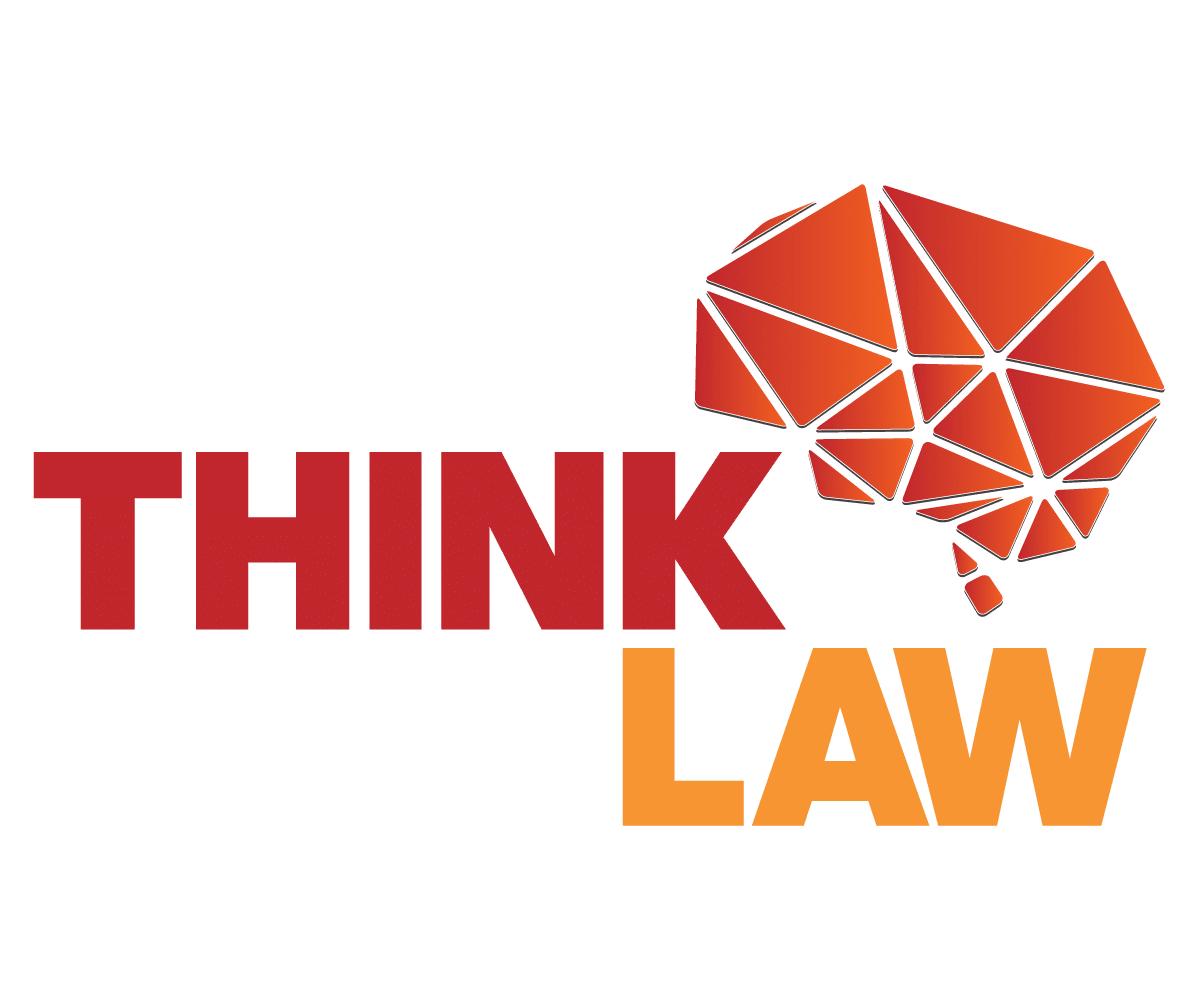
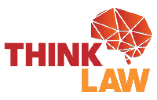


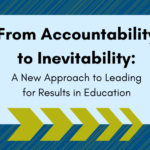

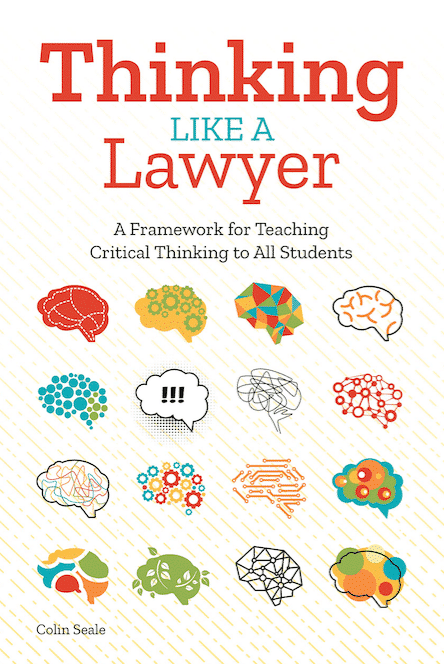
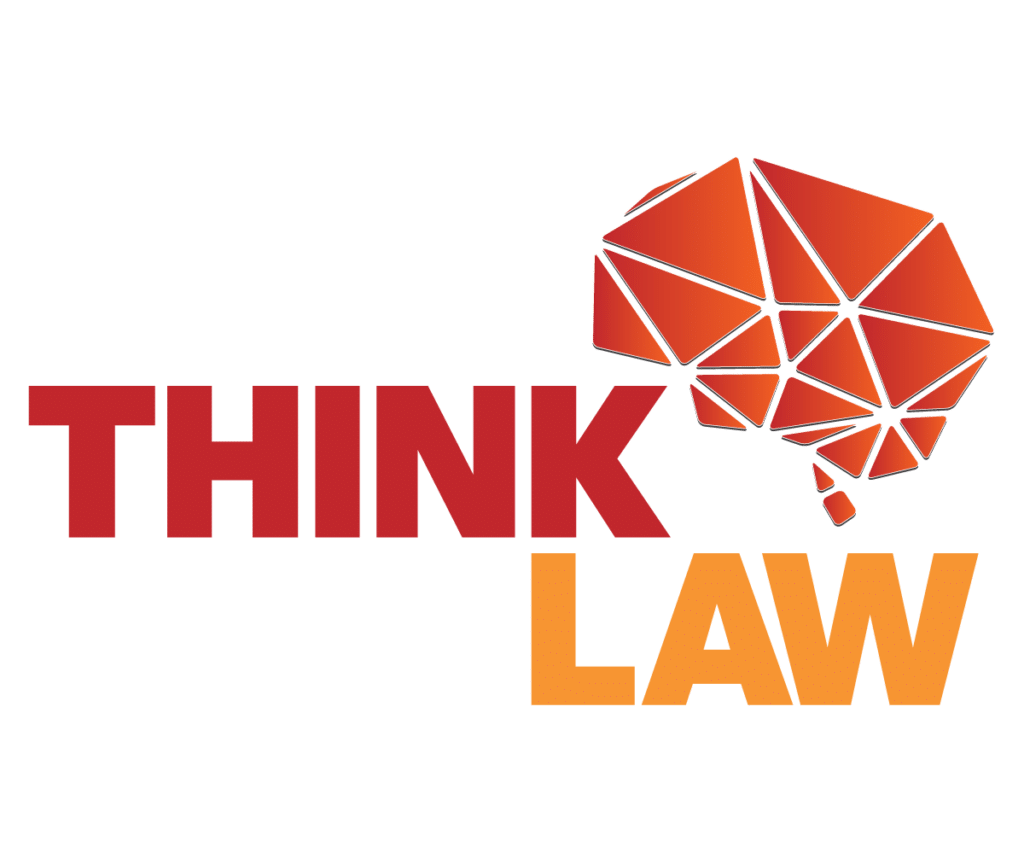
This is so beautiful. Thank you for sharing your story. People have looked down on my son even though he is gifted and very cognitively fast just because I had him in poverty. The stress I experienced from parents stigmatizing me because of our poor appearance, at least he was too young to notice it. You are helping future generations of children in the age of automation.